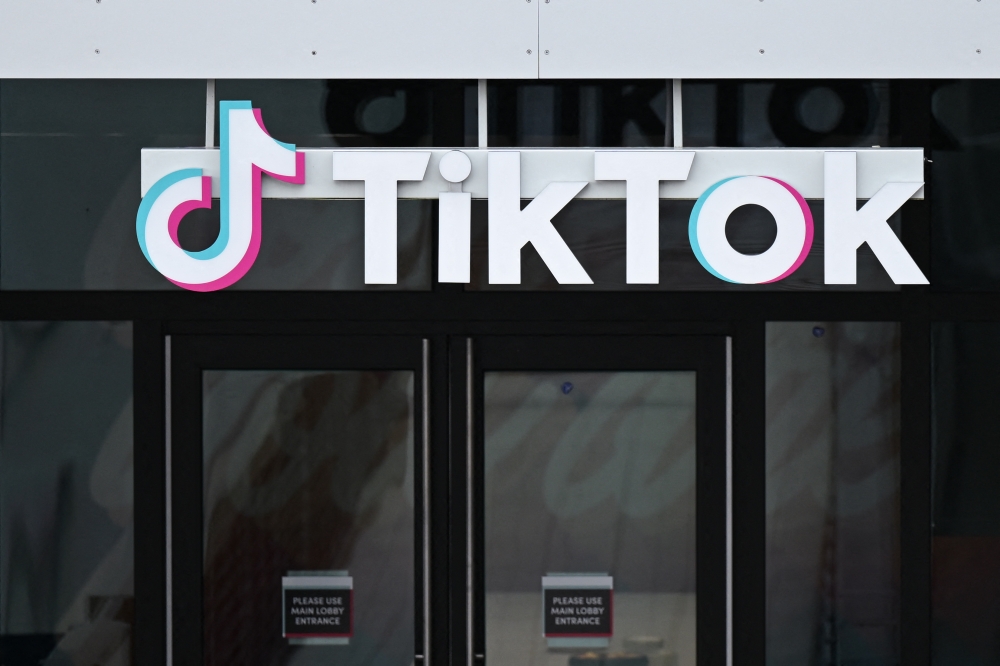Digitization of government services can help to streamline spending and identify systemic inefficiencies. In August 2019, the Information Technology Authority planned to digitize 59 Omani government agencies and institutions by 2022 – a timeline that may need to be accelerated. Moody’s Investors Service cut Oman’s sovereign rating on June 23, citing dim prospects that the sultanate will be able to offset oil revenue losses without accumulating unsustainable debt or an erosion of its financial buffers. The rating agency expects Oman to post double-digit deficits for the next couple of years, and government debt is projected to rise to 89% of gross domestic product in 2021, up from 59% in 2019.
Digitization will serve as an important data support function as the government consolidates state-owned companies and seeks to improve the efficiency of existing sectoral clusters. The newly established Oman Investment Authority merged three fishery investments into a new entity, Oman Fisheries Development, on June 23. Oman’s other state-owned, sectoral clusters have rolled out new digital platforms and applications to improve efficiency and the customer experience. Asyad Group, the country’s integrated logistics provider, launched a logistics platform in April to help digitize the sector as well as Tawseel, a national cloud-based initiative designed to support startups and small and medium-sized enterprises with respect to last mile delivery, in June.
Omani officials hope that digital transformations will produce better services for citizens and generate new employment opportunities. Oman’s Ministry of Technology and Communications oversees the Oman Digital Strategy, known as e.oman, which aims to make government services “more efficient, automated and offered online to citizens, businesses, employees and other Government agencies.” As Omanis and expatriates confront the economic and social repercussions of the coronavirus pandemic and oil price collapse, smooth and effective digital government services are needed urgently. Officials expect that the country’s digital strategy will open up thousands of job opportunities for nationals in the information technology sector. Highly skilled jobs would be welcomed in a country with persistently high unemployment rates – estimates of Omani youth employment reach 49%.

















Leave a Reply